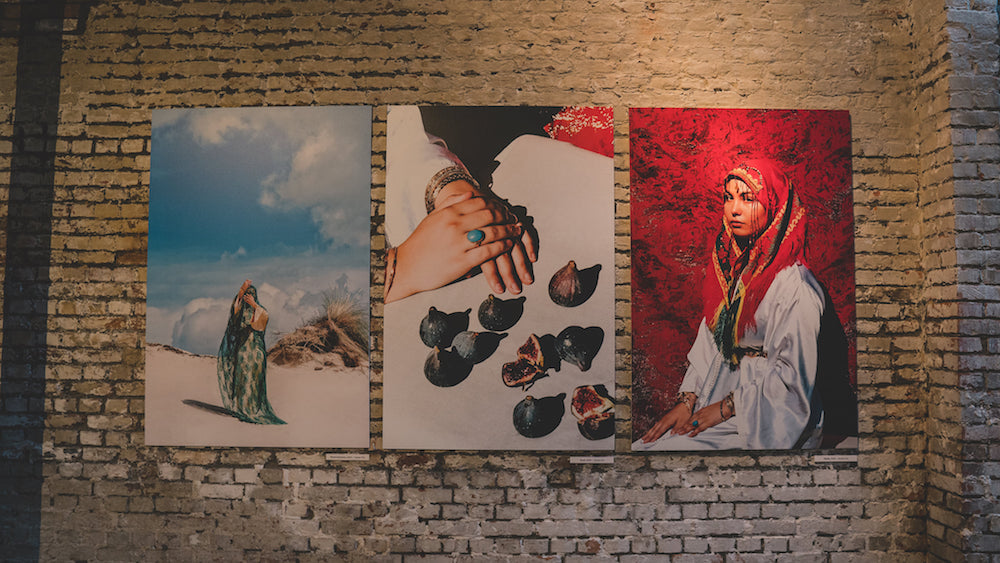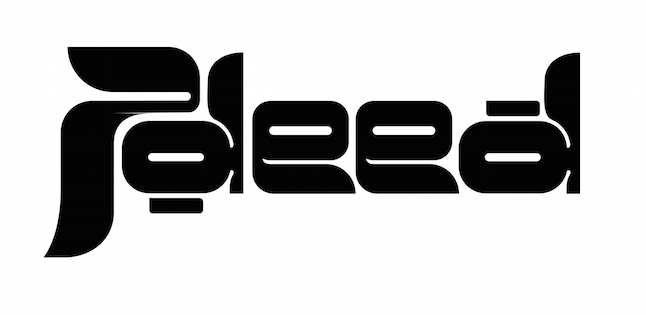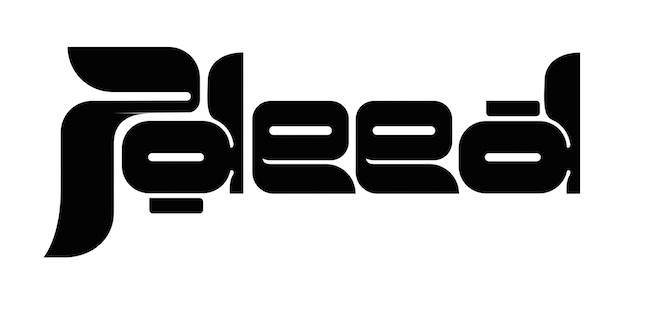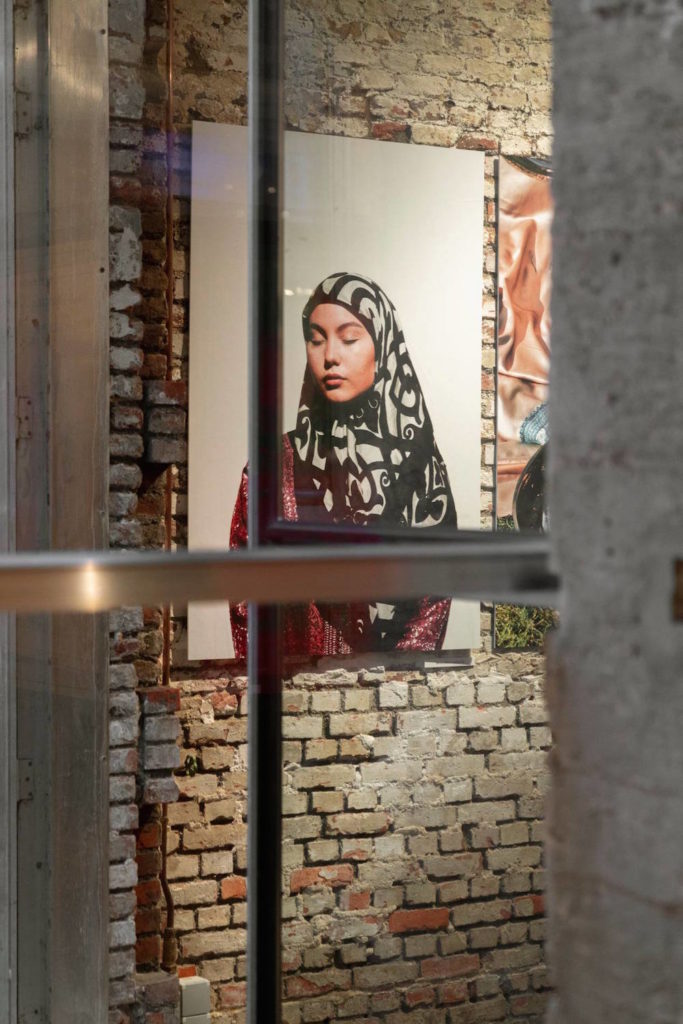
Art
ANA NESH: An Exhibition on Exploring Urban Identity by Al.Arte
Al.Arte presented the exhibition ANA NESH, held at Red Fish Factory in Antwerp, Belgium between Oct. 22 – 25. ANA NESH is a refreshing and honest look into “Urban Identity” explored by Middle Eastern and North African artists.
The exhibition was hosted by Al.Arte, a creative platform that highlights the MENA diaspora experience for an international audience.
By Leena Khayat
What Does Ana Nesh Mean?
“Who are you and I in our super diverse society?” was the expo’s major theme. The artists answered this question using polaroid photos, Latin typography, and short films. Each word in the phrase Ana Nesh means “I” or “myself”, Ana in Arabic and Nesh in Berber. Ana Nesh touches on the concept of identity as a whole, through the work of Belgium’s rising artists.
“The search for who you are, is a journey we all undergo. We encounter family and cultural traditions. Collide with prejudice along the way. Speak and write new languages and forget old ones. And sometimes, after hearing one word, we turn our lives around,” said Malikka Bouaissa, the Al.Arte curator.
Ana Nesh presented seven new artists duo Bader and Ahmed Shashit’s “One Word”, Dounia Aerts’ “The Search”, Kawtar Ouh “Izouwran (Roots)”, Samira El-Kaddouri’s “Thahenjirt zi Rekempoe”, Barkan Zakaria and Sherwood Nkenti’s “Prejudice”. Each artist voiced their own opinion on identity by creating poignant personal pieces.
Words from Artist Dounia Aerts
We chatted with content creator, photographer and designer Dounia Aerts about her photography series “The Search” based on her poem of the same name.“The Search” is a deeply personal reflection about self-discovery. Born to a Moroccan mother and Belgian father, Aerts channeled her heritage, vulnerability and passions into her art.
“ I’m half Belgian, half Morroccan, and in this picture [between two fabrics] it’s like I’m being born from them, and the feeling that you’re of two worlds and in between two worlds, and at home and not at home in both. I worked with fabrics and covering my face, because it stands for not knowing myself, and still looking for myself. ”
What “The Search” Meant to Dounia
“The subject I love to work around the most is identity. The search is a reflection of what I am going through in this year that has changed us so much. You really look for yourself, your place in the world, because everything is so uncertain, you start digging, and asking what is your purpose, and how can I make the most of this, and get something positive out of it.”







0 comments